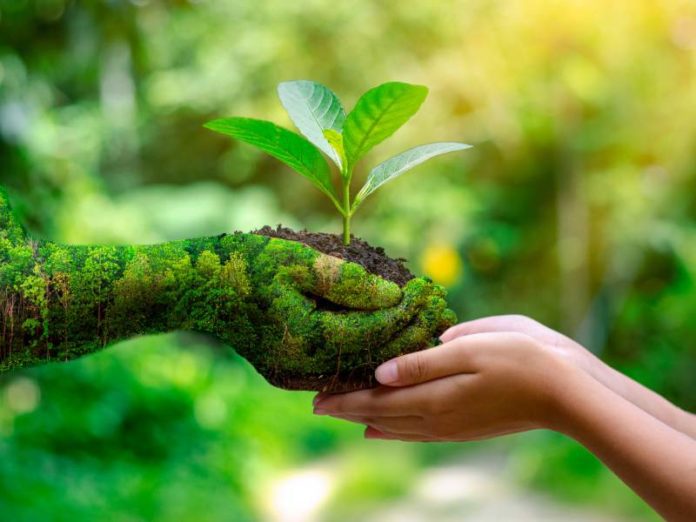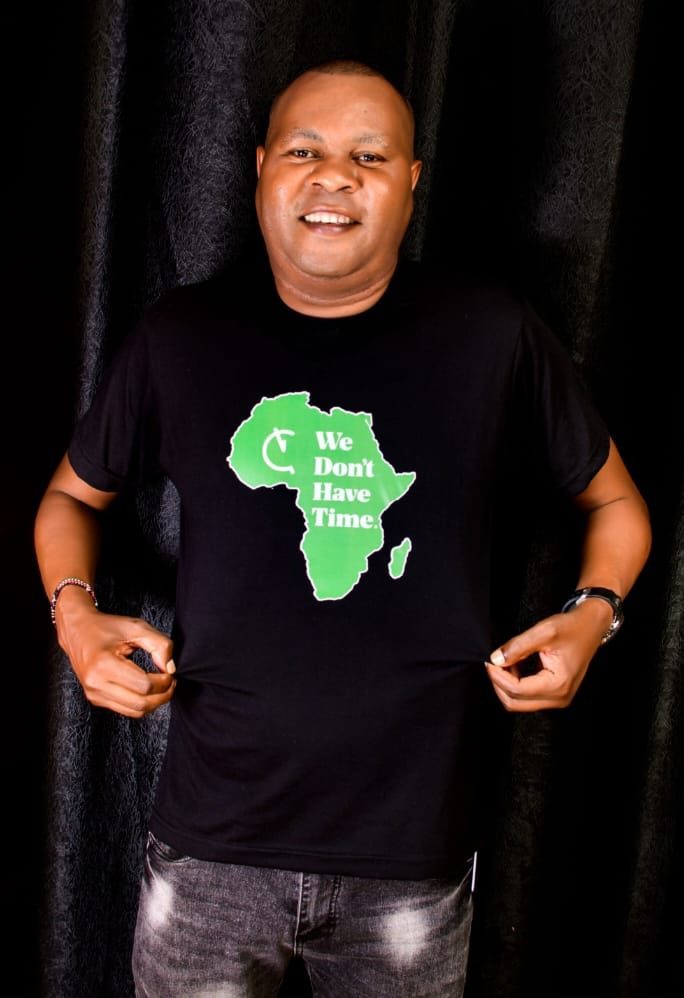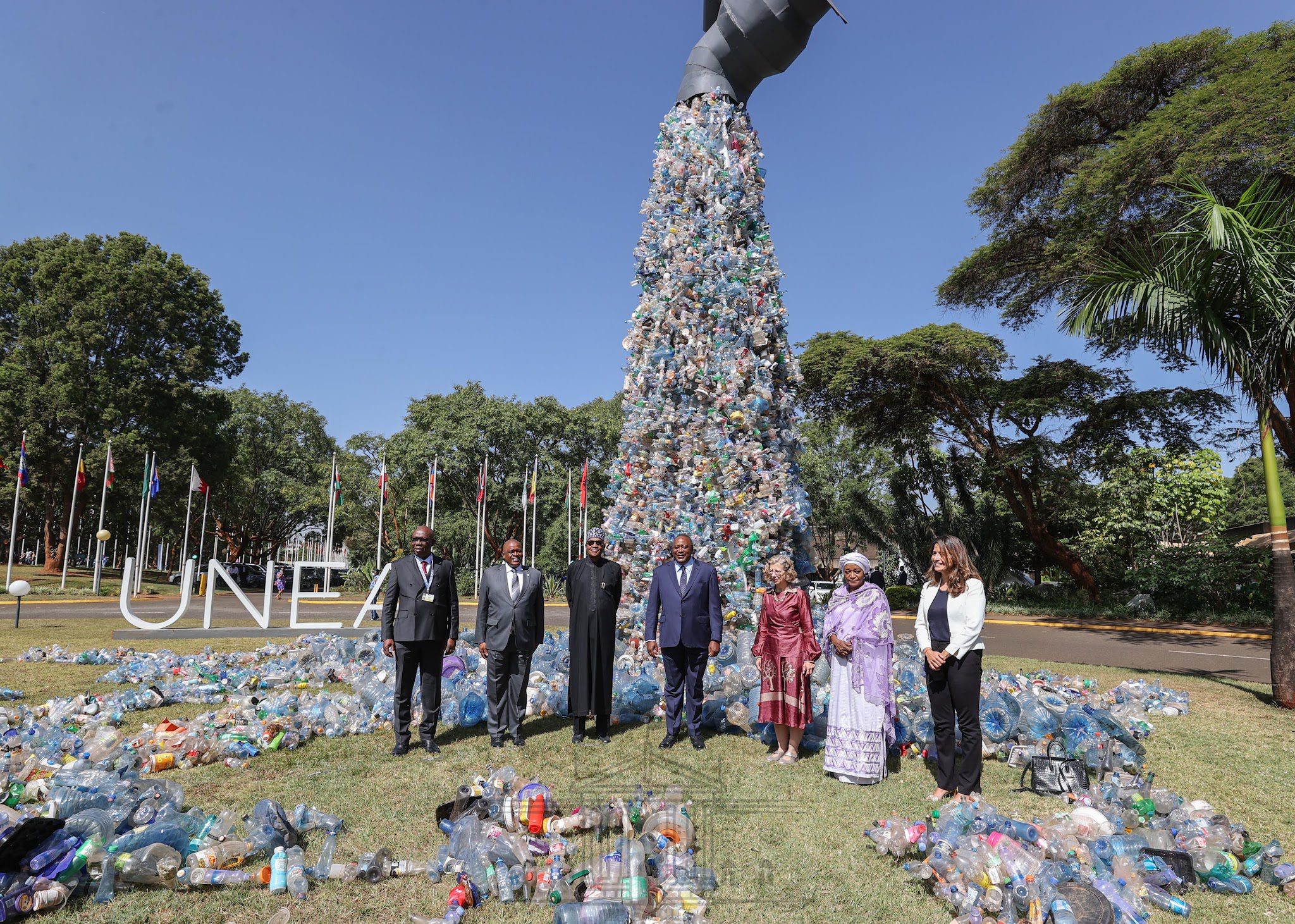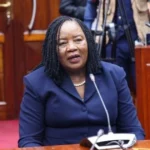By Rading Biko,
The Stockholm +50 is set to bring international
leaders meeting to accelerate action toward a healthy and prosperous planet for
all.
UN General Assembly agreed on
the way forward for plans to host an international meeting at the highest
possible level in Stockholm.
The Stockholm+50 Conference
comes five decades after the inaugural event that first took place in 1972
organized by the Swedish government.
The international meeting,
“Stockholm+50 theme ‘a healthy planet for the prosperity of all – our
responsibility, our opportunity”, will take place in Stockholm on 2 and 3 June
2022, following a UN General Assembly resolution.
In three leadership
dialogues, the meeting will reflect on the urgent need for actions toward a
healthy planet and prosperity for all, achieving a sustainable and inclusive
recovery from the COVID-19 pandemic, and accelerating the implementation of the
environmental dimension of Sustainable Development in the context of the Decade
of Action.
The meeting will also
reinforce the messages and the outcomes of the event to commemorate UNEP’s 50th
anniversary (UNEP@50), which will have taken place in March 2022, in Nairobi.
Switch Media Kenya spoke to
Mr Patrick Kiarie-We Don’t Have Time-Kenya Chapter. Mr Kiarie is among the
guest speakers at Stockhom+50. He shares some of the lessons the African continent
can learn from this international Climate forum.
Mr.Patrick Kiarie: Country Director-We
Don’t Have Time-Kenya Chapter
What is the theme and aim to
commemorate the conference this year?
The theme for Stockholm +50
is a healthy planet for the prosperity of all – our responsibility, our
opportunity. The conference is to celebrate 50 years since the first meeting
was held by the United Nation on human and the Environment in 1972 in Stockholm
Sweden, the event will also address issues such as the impact of countries
coming together in addressing the effects of climate change, and discussions on
how far the world is towards attaining climate goals that have been set in
world global summits the Paris agreement being one of them and vision 2030 will
be addressed as well.
How is Stockholm+ 50
important to We Don’t Have Time?
The conference is timely when
we don’t have time and is at the forefront of calling for climate action by
governments, business leaders, and individuals.
A good example is that
We Don’t have time is calling off governments to stop giving subsidies to fossil
fuels and use the resources to mitigate social problems such as poverty or fund
sustainable projects.
This can only be achieved
through a global treaty where all countries should commit to shun giving
subsidies to fossil fuels, this is one of the deliberations countries need to
commit to attaining global sustainable goals.
We Don’t Have Time will be having a side broadcast during
the conference in Stockholm Sweden, the aim will be to amplify the need for a
climate action voice where people can join the discussions by panellists though
we don’t have time for an online platform through to learn on how best we can conserve our
planet.
With the digital transition,
what is the percentage in Africa in response to Climate Change and how many
countries have you targeted with your App?
Africa has responded to the
call for climate action in a positive way which is major because as a continent
it is most affected by the effects of climate change despite its low carbon
emissions which constitute 4%.
Africans are using digital
platforms to create climate awareness as well as call for climate action, we
don’t have time.
The platform’s current
membership of over 67,000 has a half of its membership in Africa that is
determined to give solutions to the current climate crisis.
Already the organization has
been able to get to several countries in Africa among them being Kenya which is
the African office, Uganda, Tanzania, and Nigeria, our main target is to reach
the one billion population in all of the African countries.
Weather patterns are
changing; how do you reflect on the urgent need for actions to achieve a
healthy planet?
The change in weather
patterns is an indication of the need for urgent climate action, it is the
planet communicating that it’s time for humanity to embrace a sustainable
lifestyle as it is on the verge of extinction.
How have you recovered from
COVID-19 in achieving a sustainable and inclusive environmental dimension?
With the lift of the travel
restriction ban which was aimed at regulating the mobility of people to reduce
the spread of Covid-19, it is now easy to invite the public to conferences to
create awareness, and also easy to participate in climate conservation
activities that have helped to influence sustainable lifestyle.
What are some of your climate
goals?
Our goal is to influence governments,
businesses, and all individuals to embrace sustainable approaches.
Is the planet dying and do we
have a chance to revive it?
Yes, the planet is hurting
with the heatwaves, unpredictable weather patterns, and increased sea levels.
It’s an indication that the planet is crying out for help from destructive
activities by humanity.
However, there is hope to
save mother nature if governments stop giving subsidies to fossil fuels which
are destructive to the planet, and use the resources to fund green innovations.
In addition, businesses
should foster a circular economy rather than a linear economy which will reduce
pollution from waste. Also, the public should be intentional in embracing a
sustainable lifestyle as a way of remedying the climate crisis.
About the Author
Rading Biko
Contributor
A highly experienced multi-platform Editor, digitally aware, skilled with words, and endowed with the ability to work effective under deadline pressure. Coming with a record of accomplishment of delivery high level of clarity, accuracy, and balance in copy editing functions. Since 2010 I have been working across the full spectrum of Kenyan Media as a Multimedia Journalist on both Electronic(Radio and Television),Print and online media.


















